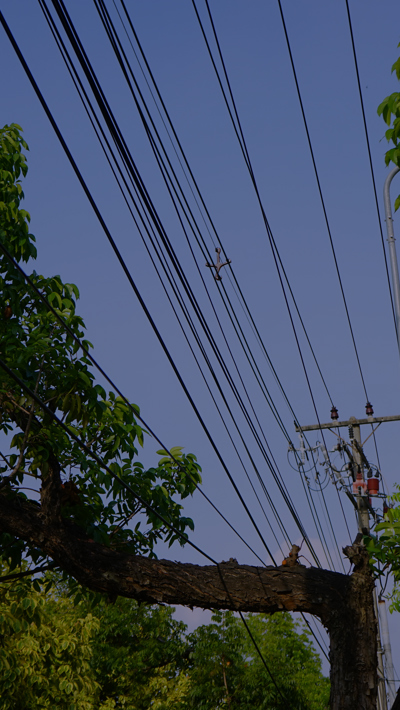Contents
The cumulative effect of the recommendations proposed by the select committee to the Electricity Industry Amendment Bill (the Bill) will expand the Electricity Authority’s (EA) regulatory reach – even beyond the significant levels originally contemplated.
Some concessions are proposed to address industry concerns, but they are relatively inconsequential.
Key changes
The Bill as reported back will:
- increase the penalties available to the Rulings Panel for Code breaches from $200k to $2m, with an additional $10k a day for each day the breach persists
- further expand the EA’s reach in respect of the arm’s length rules requiring separation between distributors/generators/retailers who share “an interest” to capture anyone acting in the industry, irrespective of whether they are an industry participant or not, where that person’s activities or roles are “material” to the EA’s objectives
- enlarge the EA’s information sharing powers to include the Gas Industry Company and any overseas regulatory agencies that perform functions related to the regulation of the New Zealand electricity market, or otherwise correspond to the EA’s role, such as ASIC or the ASX, and
- reduce the window during which the Minister can amend the Code directly from two to four years after the Bill comes into force to one to three years (the committee having accepted arguments that this discretion could create “regulatory uncertainty”).
Industry (and Chapman Tripp) concerns largely unaddressed
The issues the Bill creates around jurisdictional overlap – between the EA and on one side and the Commerce Commission and existing consumer protection legislation on the other – have been largely ignored.
The Bill gives the EA a new statutory objective to undertake measures aimed at protecting the interests of domestic and small business consumers in relation to electricity supply and establishes a Small Electricity Consumers Agency to be funded by an industry levy.
We argued in our initial commentary on the Bill that this would enable the EA to turn the Code into a piece of consumer legislation, which was a dramatic new function and would overlap with existing consumer protection laws. However, no changes are proposed to address this.
Similarly with the expansion of the EA’s powers to allow it to set quality or information requirements for distributors and Transpower, which take it into territory occupied by the Commerce Commission under the Commerce Act.
Submitters argued against this change on the basis that:
- the delineation of responsibilities between the Commission and the EA was considered carefully when the 2010 Act was passed and the decision at that time was that the Commerce Commission should be the primary economic regulator, and
- making two regulators responsible for the same subject matter is undesirable as it duplicates costs and risks, introducing uncertainty and inconsistency into regulatory obligations.
The committee has made a nod to these arguments by recommending that, when issuing determinations under section 52P of the Commerce Act, the Commission must take into account any cost increases resulting from a change in the Code. That is, however, a minor concession at most.
Our comment
Participants should be aware of the additional changes proposed by the select committee, particularly:
- the additional $10k per day for a continuing alleged breach (on top of a potential $2m penalty) represents a significant increase with no cap, given that most Code breaches are decided well after the event occurred, six months not being unusual. This has the potential to force a party’s hand even prior to a Ruling Panel decision given the financial risk if the decision does not go their way
- the expansion of the arm’s length rules to non-participants brings any party having any connection with the energy sector into the noose. The test, being whether the person’s activities are “material” to the EA’s objective, is also subjective and will be very difficult for a non-industry participant (or even a participant) to determine in advance. Could this mean, for example, that a major energy user who develops its own generation capability could be required to separate if the EA deems it material to its objectives? This remains to be seen…
- the increased information-sharing powers will mean that a participant’s commercially sensitive information may be available to a wider group of authorities and increases the risk of it being released publicly through an Official Information Act request. We expect industry participants will be alert to this in deciding how to respond to information requests from the EA.
For advice on how the Bill will impact your business, please get in touch with Lauren Curtayne or Simon Peart to discuss further.

























